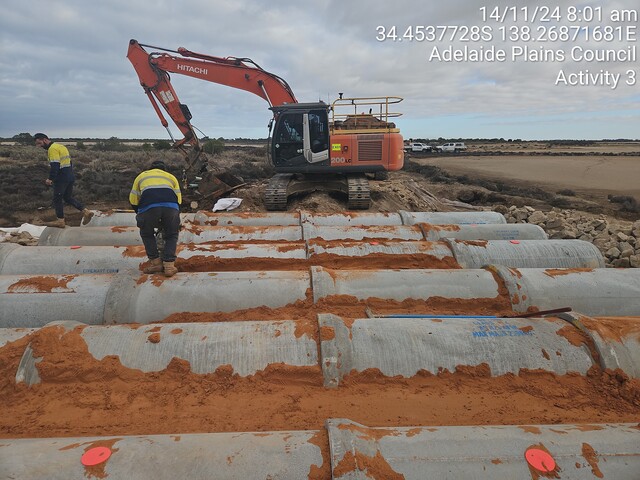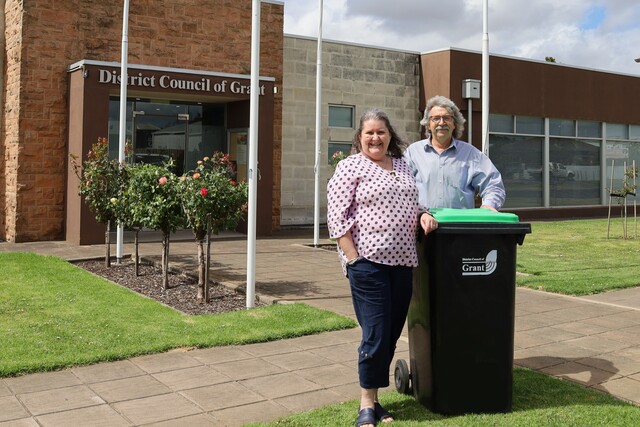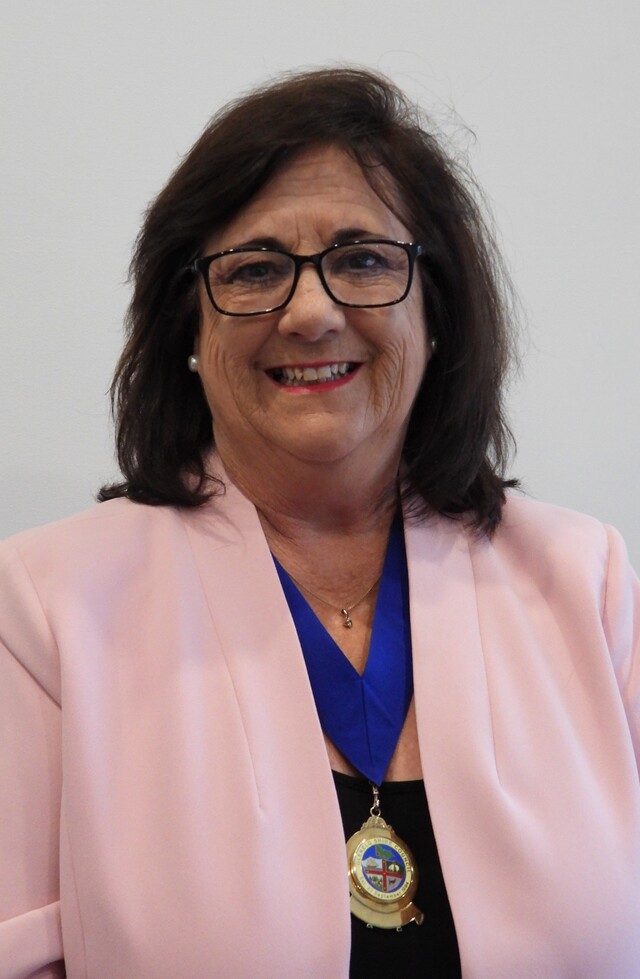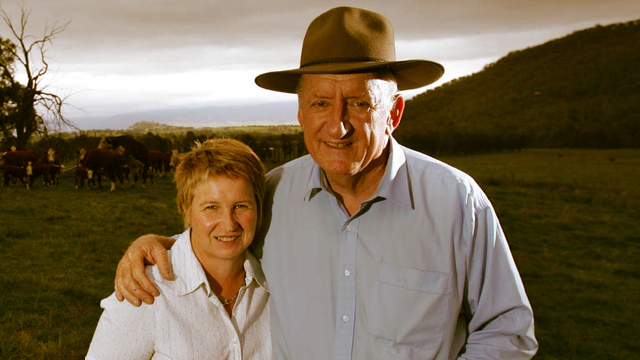The recent sign off on the intergovernmental agreement (IGA) by representatives from the three spheres of government has been welcomed by Local Government as a first step in addressing future cost shifting to Local Government. Australian Local Government Association (ALGA) President, Councillor Paul Bell, has cautioned Councils not to see this as the end to cost shifting, rather that there is still a long way to go.
On the wider financial front, with Councils battling to meet growing community expectations and tackle the enormous backlog of infrastructure maintenance and renewal, while maintaining current services, the ALGA is continuing to lobby for fair funding for Local Government. With the IGA taking almost two and a half years to come to fruition (the Hawker ‘Fair Share’ Report being released in December 2003), no one is holding their breath in regard to any major change in financial/tax sharing arrangements in the near future.
Not to be deterred, some Councils are turning to their greatest resource – their citizens. Talking to the community about their priorities and working through the constraints (usually financial) as well as various opportunity scenarios, helps residents understand the pressures Councils are working under. Added to this, Councils are well aware that local community members are the same constituents for the State and Federal spheres of government, and their greater understanding of the current financial/tax sharing arrangements may well start to reverberate through the ballot box.
In Victoria, Golden Plains Shire Council, formed after the amalgamation process in Victoria in the mid 1990s, covers an area of 2,170 square kilometres and has some 16,000 residents. Located between the regional centres of Ballarat and Geelong, this Shire has no fewer than 35 townships, many of which having fewer than 200 residents. Inspite of a three per cent growth in each of the past seven years, this Shire has very little service infrastructure, including no secondary school or hospital. It has one bank, one doctors clinic, one pharmacy and one dentist. Inspite of all this, it has the seventh lowest rates in Victoria and ranks very highly in Statewide community satisfaction surveys.
How has it achieved this? Largely Golden Plains has successfully gone out and engaged its many communities to plan for their ongoing future and viability. A key priority for most of these communities is to preserve their uniqueness and they are prepared to fight hard for this. Working with each community to develop their own town plan has established priorities and action plans to achieve goals. The success of this process has resulted in winning a raft of Federal and State Government grants on a dollar for dollar basis, with Council providing 25 per cent and community raising or providing inkind contributions for the remaining 25 per cent of the project.
Ongoing consultation and working closely with residents is not always easy but, in the long run, has to be a win win situation.







